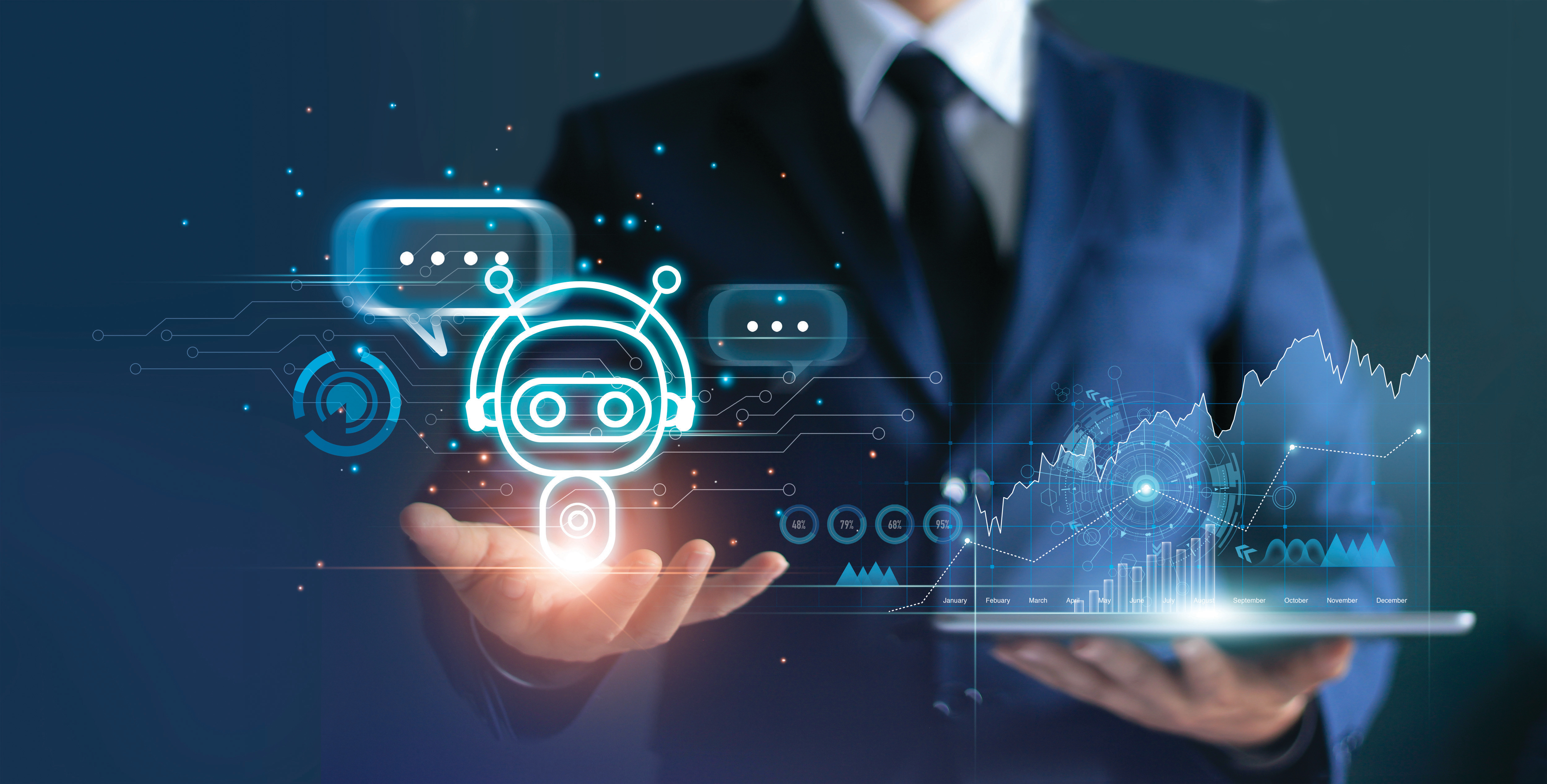Achieving the Total Experience with Case Deflection
The total experience (TX) looks at every type of experience within a company – customer experience (CX), user experience (UX), employee experience (EX), and multi-experience (MX). Ideal companies will connect these four disciplines to create ease and efficiency at every touchpoint of the operation. Focusing on the total experience drives innovation and creates a healthy environment for customers and the workforce serving them.
In a blog post covering seven trends to look out for in 2022, Daniel Fallmann, founder and CEO, shared,
“One use case in the area of total experience is so-called case deflection: even before a customer completes his inquiry and contacts the help desk about a technical problem, they receive automated assistance from a smart system based on the problem description. Ideally, the customer can solve their problem immediately, and the helpdesk does not have to process a ticket. Practical experience shows that this reduces the support workload by roughly 35 percent.”
Maybe, you haven’t heard the term case deflection before, but any product user is likely familiar with the above situation – finding yourself saying, “there has to be a better way!”
Companies invested in self-service technology that quickly direct customers to their solutions are a huge step ahead. The truth is, businesses are serving an impatient world. Whether the impatience is warranted or not, the customer has the right to better and faster resolutions. Because if you are focused on the total experience, you have to be invested in the customer experience.
Here is a short demo video on how Mindbreeze InSpire enables case deflection and reduces the burden on support staff:
Virtual agents and chatbots learn from previous interactions and customer data, serving as the most successful case deflection tools. Machine learning can understand text being searched and generate input for the user before an employee from the support team gets involved. Machine learning will understand the journey of the customer based on connected data from their individual customer information and knowledge accumulated from their peers. This data gives the chatbot or virtual agent the ability to communicate with the customer by sharing help blogs, links to support articles, FAQs, or generating a unique answer.
With the help of AI and case deflection, customers are receiving help faster, and support teams are not being swamped by tickets or calls – all contributing to the total experience.
Download our case study: Boosting customer service in the B2C sector with Mindbreeze InSpire.
Latest Blogs
Inside Insight: How Journeys and Touchpoints Make Enterprise Search Effortless with Mindbreeze Insight Workplace
Picture this: you’re preparing for a high-stakes client meeting.
The Future of Enterprise AI Depends on Smarter RAG Solutions
Today’s enterprise leaders ask how to make AI meaningful, responsible, and scalable. One architectural approach stands out as organizations look beyond isolated proof-of-concepts and begin embedding AI into workflows: Retrieval-Augmented Generation (RAG).


